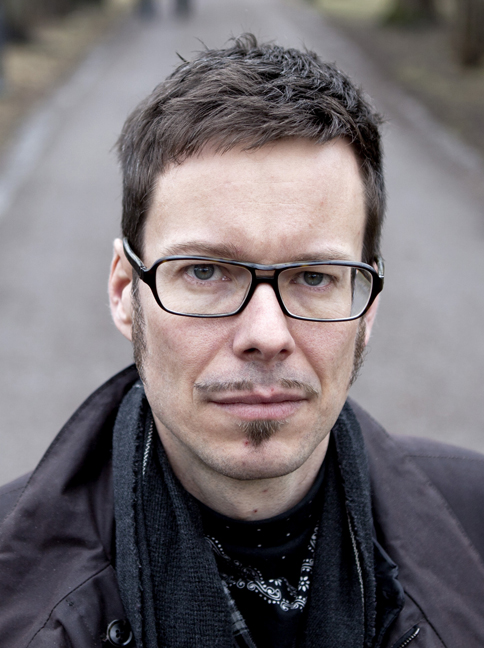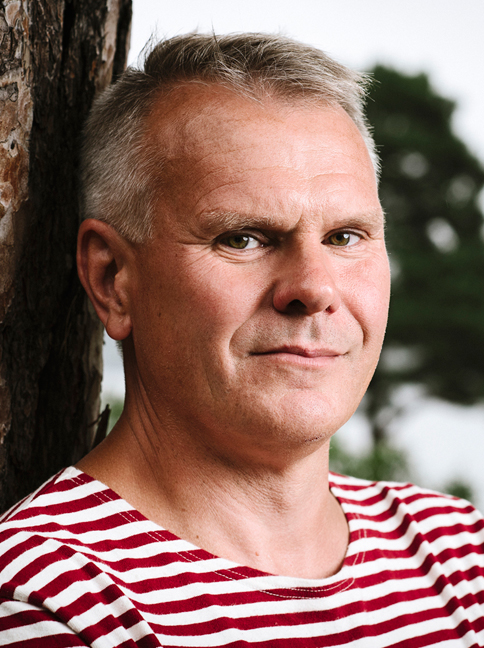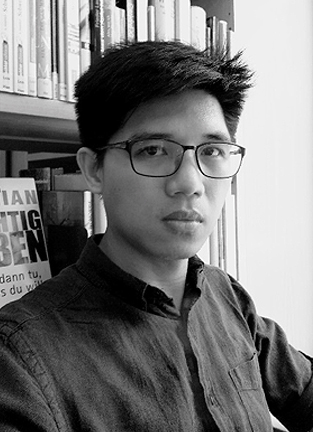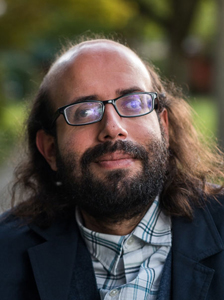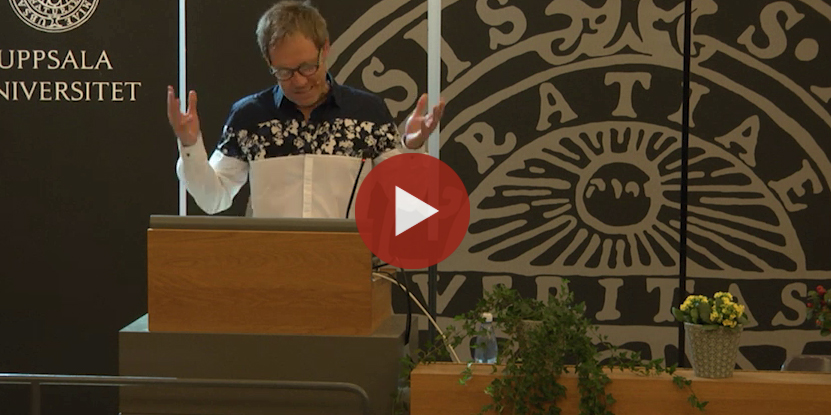
ABSTRACT This dissertation concerns Benedict Spinoza’s (1632–1677) account of ethical life, emphasising the role of techniques and exercises for achieving greater power to control one’s thoughts, emotions, and actions. The study aims to show that Spinoza offers a much more coherent and ambitious ethical theory than what is commonly acknowledged, involving both theoretical and practical considerations.
The primary focus of the dissertation is to trace the influence of the early modern cultura animi (cultivation of the soul) tradition on Spinoza’s moral philosophy and to explore the novel use to which he puts it. Chapter One relates the central aims of Spinoza’s philosophy to a conception of philosophy as the art of living, connecting the Renaissance humanist revival of cultura animi tradition to Spinoza’s own attempt to construct a scientific ethics. Chapter Two analyses how Spinoza’s theories of imagination, judgment, and emotions explain the deep-rooted habits and prejudices that present key obstacles to ethical progress. Taking this diagnosis of human nature as a point of departure, Chapter Three explores the difficulties involved in trying to attain adequate knowledge and argues that Spinoza constructs his philosophical method to remedy the natural weakness of human understanding. Chapter Four explains Spinoza’s account of the central moral concepts of good and evil, articulating and defending an objectivist reading of his value theory. Chapter Five considers the extent to which a rational understanding of good and evil can alter habits and guide action given that passions are often more powerful than reason. Building on the weakness of reason to control the passions, Chapter Six shows that spiritual exercises are necessary components in Spinoza’s proposed remedy insofar as they fortify rational understanding by producing firm habits of character. The concluding discussion underlines that Spinoza’s ethical cultivation should not be seen as a linear process that secures stable happiness. Rather, people are and remain subject to the power of illusory beliefs and passions, and the ethical struggle is ongoing. By cultivating understanding, modifying one’s desires, reforming vicious habits and performing virtuous actions, however, the individual can learn to live with his or her vulnerability more happily and virtuously.
Contact: kasper.kristensen@filosofi.uu.se
Kasper defended his thesis on March 9, 2023.



